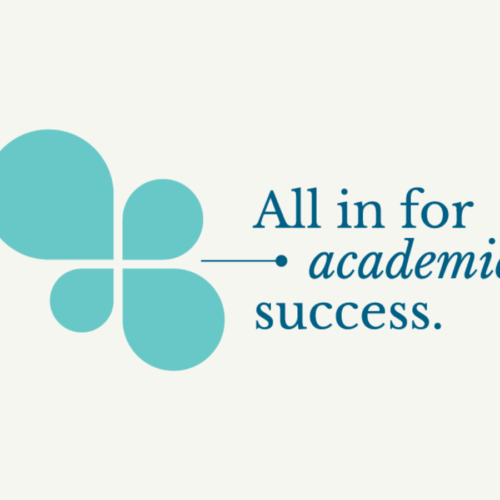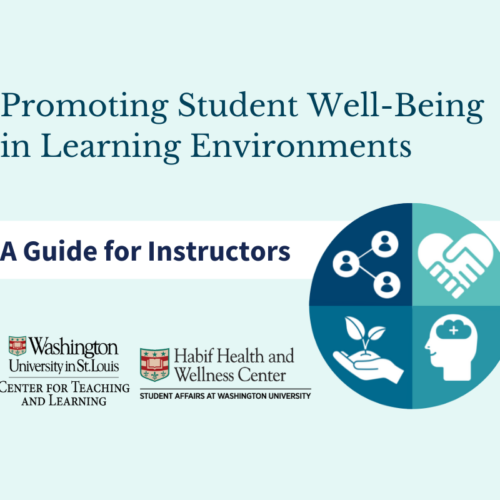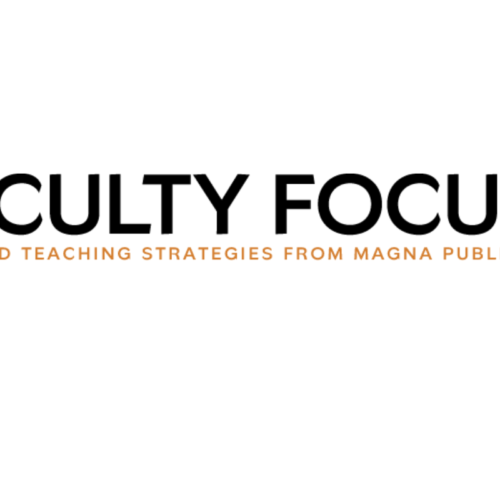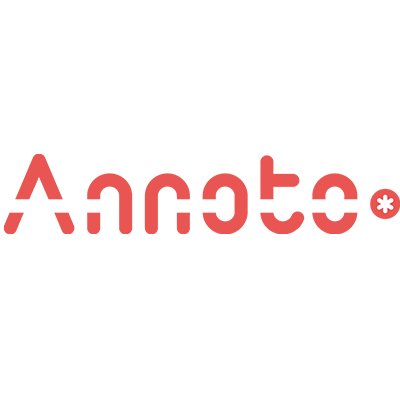Weighing the Benefits of Reflective Practices: Faculty Focus
“The use of reflections in a classroom setting can help us, as educators, understand what students have learned and what needs to be covered in more depth or maybe in a different way as the semester unfolds,” write Ann Wheeler, associate professor of mathematics education at Texas Woman’s University, and Jörg Waltje, executive director of the Center for Faculty Excellence at Texas Woman’s University, in a recent Faculty Focus story.
The article examines the use of reflective exercises, both in video and in written form, as implemented in two mathematics education classes for future elementary and middle school teachers. Forty nine prospective teachers had students reflect each week in writing on a discussion board on Canvas or through video recordings in Flipgrid, a free online resource that generates video discussion boards.
Results showed that 47% of students preferred reflecting about their learning using Flipgrid videos, while 53% preferred the traditional discussion boards. Students who preferred Flipgrid mentioned how videos made it easier to explain mathematical concepts, while students who preferred written reflection said that putting concepts into words helped them fine-tune their writing skills.
Students also reported using Flipgrid and Canvas discussion during reviews for tests or other exams. Thirty-three percent stated they used only Flipgrid videos, 26% used only the written reflections, 13% used both types of reflecting, and 28% used neither one to study for exams. Students often stated that they used other students’ video recordings to further their own learning.
Wheeler and Waltje in a final question asked prospective teachers what method of reflective exercises would be most useful in their future careers. Sixty-one percent of the future teachers felt that the Flipgrid videos would prove more helpful to them, contrasted with 27% who felt that written reflections helped them more. Twelve percent stated both methods would be equally helpful or that they would benefit more from other methods such as reviewing course materials and textbooks.
“In the light of the COVID-19 pandemic, we have seen that being an articulate and well-spoken (i.e. reflective) presenter may come in very handy when one’s workplace is transferred into an online and/or remote environment. Helping our students develop their intellectual, meta-cognitive and (self-)reflective skills, while at the same time building their self-confidence and presentational skills via the use of new technologies is a win-win for all involved and a good preparation for them to join the future workforce,” Wheeler and Waltje write in the article.






